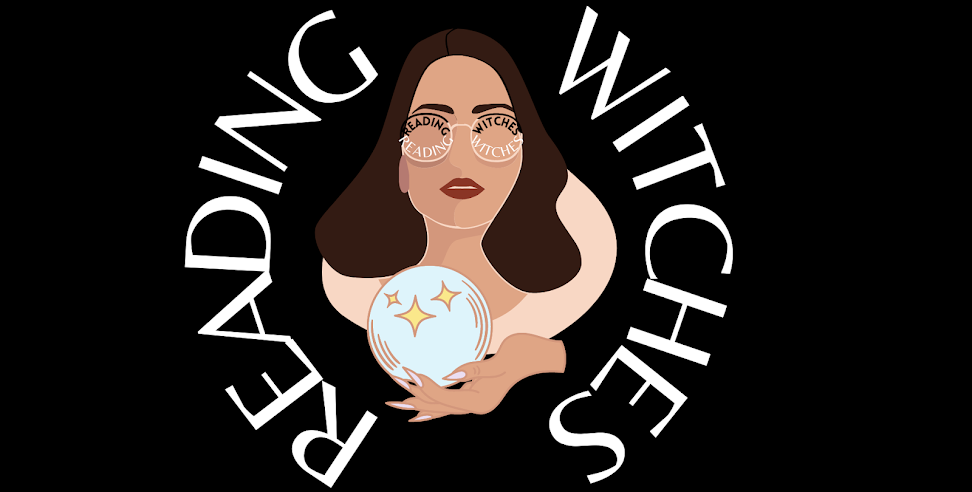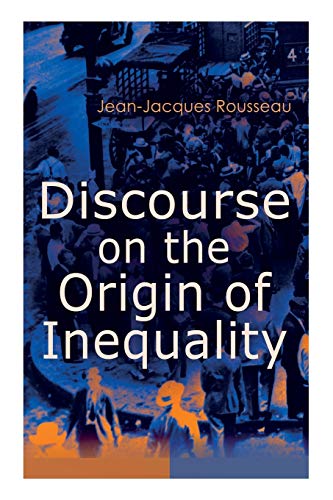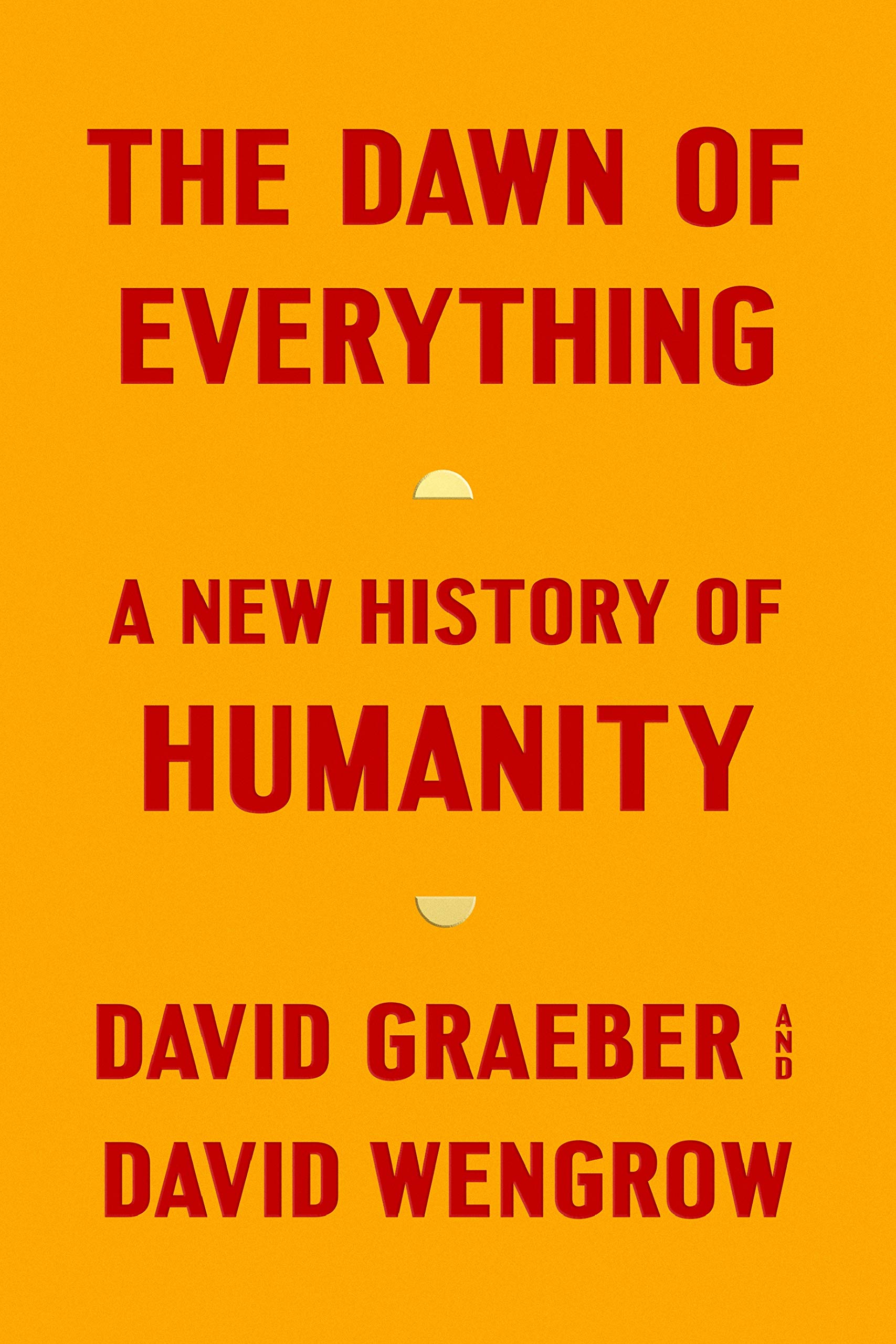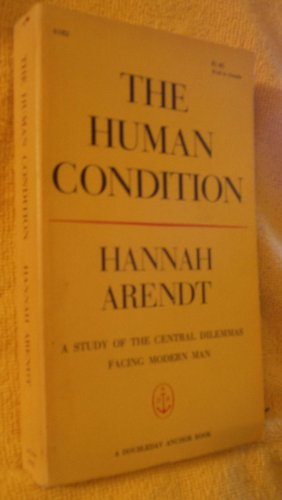
This is the new little series that I am initiating to get back into reading. This project is a continuation of my letter. I'll just review random books I have read or thoughts while I am reading. It's a travel journal of sorts. I'll use L2RA as an acronym to make the titles shorter.
I have been keeping this post for a while now. I read these books for my political theory essay on human nature back in December. On wether we should use the conception of a human nature or whether there are none. I argued that there is no 'human nature' and that there only is a 'human condition'. These books/essays introduce that concept, and without sounding too self-assured, you would probably think the same at the end. This might seem like a mess because I did write a whole essay on these books, I'll try to keep it concise.
The reason why I am writing this now is because I am starting to tackle my last essays of the year and I need drive. The essay I am starting now is for my politics of changing climate class, on the conception of nature and if it should be commodified. I am going to argue that there is no nature.
'Discourse on the Origin of Inequality'
by Jean-Jacques Rousseau
The discourse on inequality by Rousseau is a classic in political theory. It puts forward the idea of human nature as being ultimately good but corrupted by society. Its a counter to Hobbes' Leviathan. Rousseau is pretty easy to read, its a good introduction to the whole concept of a human nature as it provides a good understanding of both arguments (human's by nature being good/bad). Since human nature is at the core of many political theory such as realism, it is important to understand its origins.
'The Dawn of Everything' by David Greaber and David Wenrgrow
All you need to read is this book to understand why I believe the idea of a human nature is flawed conceptually. This is a great read. Its very informational, well written and easy. Hobbes and Rousseau were talking through their hats: neither knew a thing about life before civilisation and this book demonstrates why
. Graeber attacks the conception of human nature at its core. Trying to argue, for him, whether humans are merely good or evil by nature does not make sense. Good or evil are conceptions made up to compare ourselves to one another. As he puts it ‘whether humans are fundamentally good or evil makes about as much sense as arguing about whether humans are fundamentally fat or thin’.
'The Human Condition' by Hannah Arendt
Man does not have a general set of nature, if it did it would be anti-nature. Alternatively, as Arendt develops in The Human Condition, he has a ‘condition’. Arendt believed the modern realms of ‘the social’ and ‘the political’ were fundamentally antagonistic. She looked to ‘rescue politics from ‘society’ and political theory from the social sciences’. The human condition is defined by the ‘fact that men and not Man live on the earth and inhabit the world’. It is our plurality that makes us human. As humans constantly change their natural environment, there is no demarcation between the social and the natural. Arendt is explicit on how it differentiates from human nature, ‘the sum total of human activities and capabilities which correspond to the human condition does not constitute anything like human nature’.
Overall, this essay was one of the first which I was very proud of. I really enjoyed exploring this topic and being able to argue this idea. Political theory is by far my favourite module. As I learn to read again, I am really pushing myself, to test my perseverance. The same goes for all my essay. Before working and reading was of little effort to me. When time came to put in work, I did not know how to and this really affected my self-esteem. Now I am starting to get the hang of it, not to say that I am cured. This post shows exactly what I used to do: procrastinate my essay.
If you do read this post and are interested on the concept of human nature, I urge you to read Graeber and Wengrow's book. I believe it's revolutionary as it disagrees with our whole conception of human history. If you don't want to read the whole book this article perfectly puts forth the key arguments:
The Dawn of Everything Is Not a Book About the Origins of Inequality Or, Why Rousseau and Hobbes Can Suck It. I would also like to add that Graeber has recently passed away and this book was published posthumously. If you are interested in more of his work, Bullshits Jobs is a great read.
















0 comments:
Post a Comment
Tell us all your thoughts!